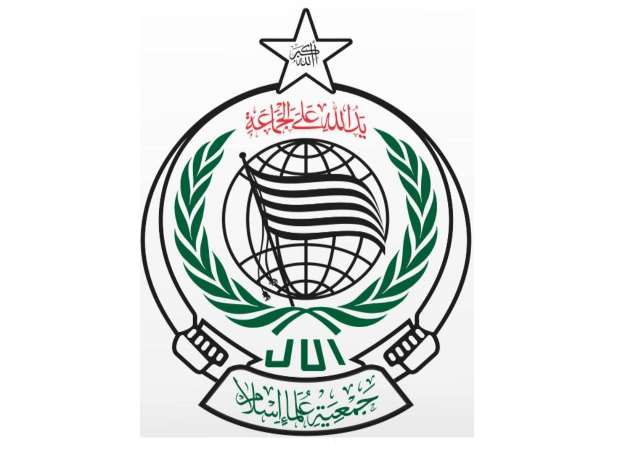Islamic State Khurasan increase its attacks against members of Jamiat Ulema-e-Islam in Pakistan

Author: Riccardo Valle
The Islamic State continues promoting its propaganda and organising violent attacks against the members of Jamiat Ulema-e-Islam in Pakistan, confirming that the group represents a severe threat to Pakistani domestic stability and security.
On April 17th, 2022, the Sharia Council of the Islamic State Khurasan Province (ISKP is active in Afghanistan and Pakistan’s Khyber Pakhtunkhwa province) released a 7-pages fatwa on the subject of killing scholars who are affiliated with the Jamiat Ulema-e-Islam (JUI) party in Pakistan. This happened three days after the group claimed responsibility for the targeted assassination of JUI scholar and teacher Mufti Shafiullah, whose car was hit by an improvised explosive device (IED) in Badano village, Momand area of Bajaur.
The statement refers to both Mufti Shafiullah and another JUI scholar and teacher, Qari Muhammad Ilyas, whom ISKP also assassinated in November 2021 in Khar, Bajaur. The statement argues that the Islamic State does not consider Muslims but infidels those people who are ‘extremists’, commit ‘Bida’ (innovation)” and help the enemies of the Islamic State. Thus, while scholars should generally not be targeted, ISKP claims several reasons for assassinating both Mufti Shafiullah and Qari Ilyas.
First – the text argues – that both scholars were affiliated with JUI, a party that, in ISKP’s eyes, supports democracy, believes in a republican system instead of an Islamic one and believes in national states instead of the Ummah (community). Secondly, the group justifies its actions by accusing Mufti Shafiullah of inciting the local mob against one of its militants, Bilal Bajauri, as it previously did with Qari Ilyas in another statement released by the group after the attack which targeted Peshawar’s Imam Bargah on March 4th, 2021. Bilal Bajauri was allegedly tortured and killed by angry villagers, with pictures of his execution featured in the fatwa. And lastly, ISKP claims that it is obligatory to kill JUI scholars as they are allied to the Taliban and are trying to implement Taliban policies in Pakistan, helping them gain international recognition.
The statement ends by threatening more attacks against scholars if they support the killing of ISKP members. It also criticises the Tehreek-e-Taliban Pakistan (TTP) for condemning Mufti Shafiullah’s assassination, echoing previous statements from ISKP, which argues that TTP fights only for water, gas, and electricity.
Risk assessment
ISKP has developed a history of threatening and targeting JUI members, but this is the first explicit fatwa that the group issues on the specific subject. In issues 314 and 334 of Islamic State’s newsletter al-Naba, the group argued that JUI is a polytheist organisation that serves the interests of the Pakistani establishment and takes part in the election. Several books and statements from ISKP, ISPP (Islamic State Pakistan Province), and supporters declared that members of JUI – and other movements, such as Tablighi Jamaat, Jamaat-ud-Dawa, and Jamaat-e-Islami – are apostate and thus should be killed.
Previously, in addition to Mufti Shafiullah and Qari Ilyas, ISKP assassinated other JUI members, including Qari Ilyas’s brother Mufti Sultan Muhammad in October 2019 in Khar, Bajaur. In May 2017, JUI senator Maulana Abdul Ghafoor Haider survived an attack in Quetta, Balochistan, later claimed by ISKP and carried out by its militant Abu Hanzalah Khurasani, who killed two dozen people. In May 2018, ISKP successfully assassinated the JUI leader in Quetta, Mullah Habibullah. More recently, in November 2021, ISKP claimed an attack in Wana, South Waziristan, which targeted a gathering of tribal elders and ulema of JUI. Again, on April 16th, 2022, ISKP claimed the group targeted policeman Nazir Khan in Khar, Bajaur, whose son was allegedly part of JUI, while on April 15th, 2022, the group wounded JUI religious scholar Maulana Fazal Dayan in Bara, Khyber district. With ISKP expanding its operations in Pakistan and the TTP launching its own Ramzan offensive “al-Badr”, movements and mobility are considerably affected, and the risk of new attacks persists.
Request a full SpecialEurasia report on the Islamic State propaganda and activities by contacting us at this Link.
